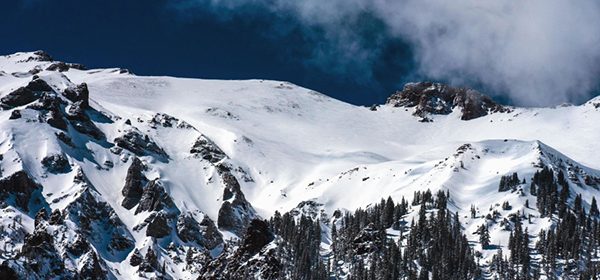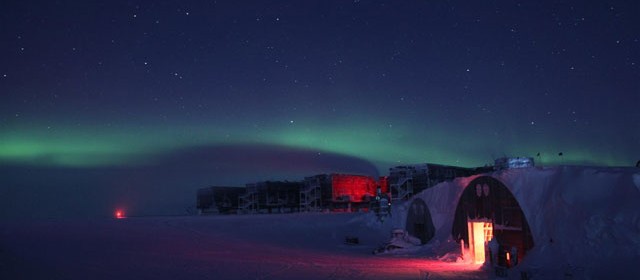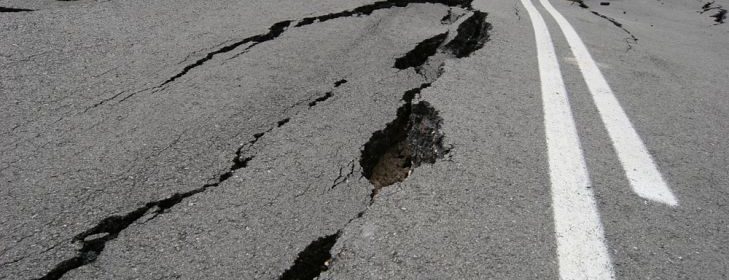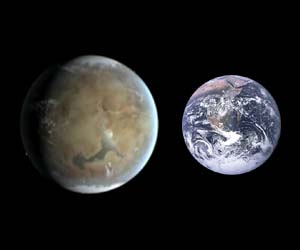Why is Earth Missing a Huge Part of its Crust?

When the earth was totally covered in ice it is believed that a thief called Snowball Earth took away the crust. Geo scientists believe that when the earth was covered in ice the glaciers while traveling eroded the layer of earth that is now missing. Researchers suggest that about a 3 mile layer of earth was destroyed by these glaciers. […]
Read more








